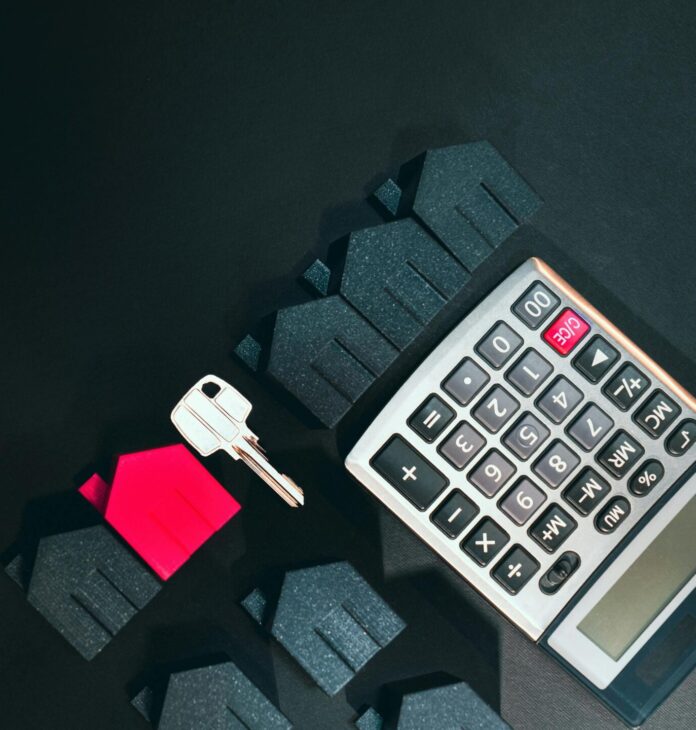With interest rates holding steady at 11.75%, it’s not unexpected that consumer credit reporting company Experian reveals that more people are struggling to repay their loans compared to 2023. According to Experian’s Consumer Default Index (CDIx), home loans reported the largest deterioration with a 21% drop year on year.
“Although higher interest rates certainly explain why more homeowners may be struggling to keep up with their bond repayments, there are several other factors that may contribute to homeowners defaulting on their loans,” says Bradd Bendall, Head of Sales at BetterBond.
1. There
The value of your bond is calculated based on your income and expenses. However, there are additional costs associated with buying a home that need to be considered before you sign an Offer to Purchase, says Bendall. Using an affordability calculator can also help you understand how much you can comfortably afford on a home loan.
A transfer duty is payable each time a property changes ownership. This cost depends on the value of the property.
Transfer costs are also payable to the transferring attorneys. This is calculated on a sliding scale, based on the purchase price. Furthermore, bond registration fees are payable to the bond attorneys who register a bond at the Deeds Office. These vary from firm to firm (but are based on recommended tariffs) and will depend on the home loan amount. In short, transfer costs cover the transfer from seller to purchaser, while the bond registration costs are the tariffs charged to register the property in new purchaser’s name.
Bond initiation fees will also be payable to the bank for processing your home loan application. This can be included in the bond or paid to the bond attorneys along with your bond registration fees.
There are also variable costs such as FICA fees, electronic instruction fees and courier costs for documents related to the sale.
If these are not considered as part of the costs when applying for a bond, they can place considerable financial strain on a buyer during the first few months of the bond repayment process, says Bendall.
2. Ongoi
As a homeowner, you are responsible for paying for municipal services such as water and electricity. You will also be liable for municipal property rates –for services such as sewerage, roads upkeep, electrical infrastructure, streetlight maintenance and refuse collection. “If you have not allocated money in your monthly budget for these expenses, it may become increasingly difficult to pay for the bond and for municipal services,” adds Bendall. It is important to pay these accounts on time to avoid legal action or the property being sold to clear the debt.
3. Keepi
A home will only appreciate in value and serve as a long-term investment, if you keep it well maintained. This means having money available to maintain the garden and outside area, and to repair any snags that may arise. Seasonal repairs such as the clearing of gutters or cleaning of the swimming pool can also become quite costly if neglected. A major repair, such as the replacement of a roof or electrical rewiring, can be very costly and could result in the inability to pay for the work as well as the monthly bond.
4. Peace of mind at a price
Many financial institutions insist on homeowners’ insurance at home’s replacement value – the amount it would cost to rebuild if destroyed. These premiums are usually debited annually to the bond account, but it can also be paid separately, explains Bendall. A buyer should also have short-term insurance to cover the loss of their home’s contents if there is a fire, flood, other natural disaster or a crime. Additional costs may include a monthly subscription to a security company or neighbourhood watch programme.
5. Bendi
Unfortunately, homeowners often default on their bond repayments because they have been untruthful or ambiguous when submitting their financial statements. “It’s imperative to be as accurate as possible when providing your financial statements, as your income and expenses will determine how much you can afford to pay each month on your bond.”
Applying for pre-approval will give you a good indication of what the banks will be willing to offer based on your affordability. However, consider buying a home valued at less than the bond amount offered, as this ensures that you will have some additional funds available to cover the hidden and unexpected costs associated with owning a home, advises Bendall.
“Buying a home involves many costs in addition to the actual bond, so make sure you have a clear idea of what you can realistically afford to spend when you purchase the property, how much you can afford to pay each month and the financial reserves you have set aside if there are unforeseen expenses such as repairs or unexpected damages,” he says. Doing this will ensure that you can meet your bond repayments and avoid defaulting on your loan.

